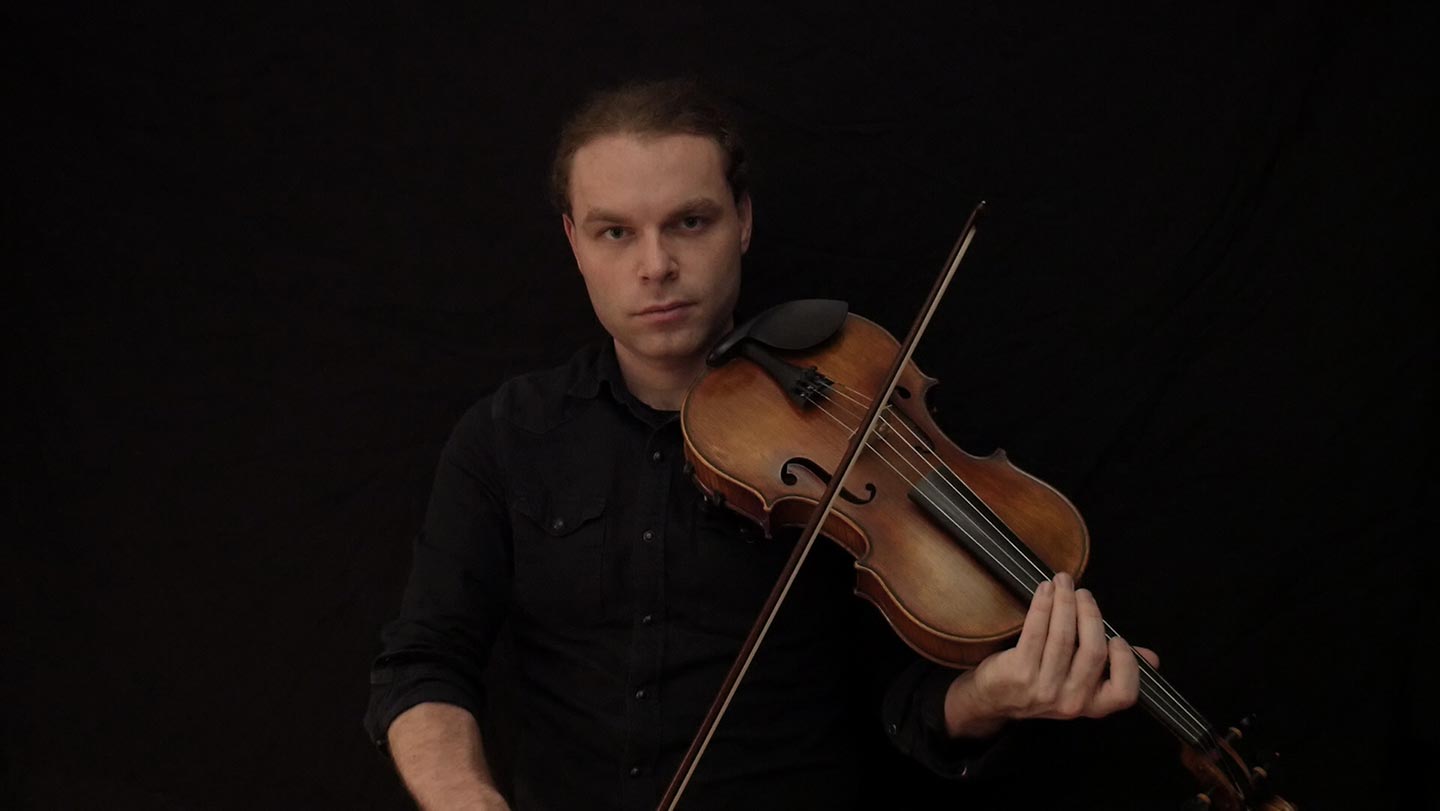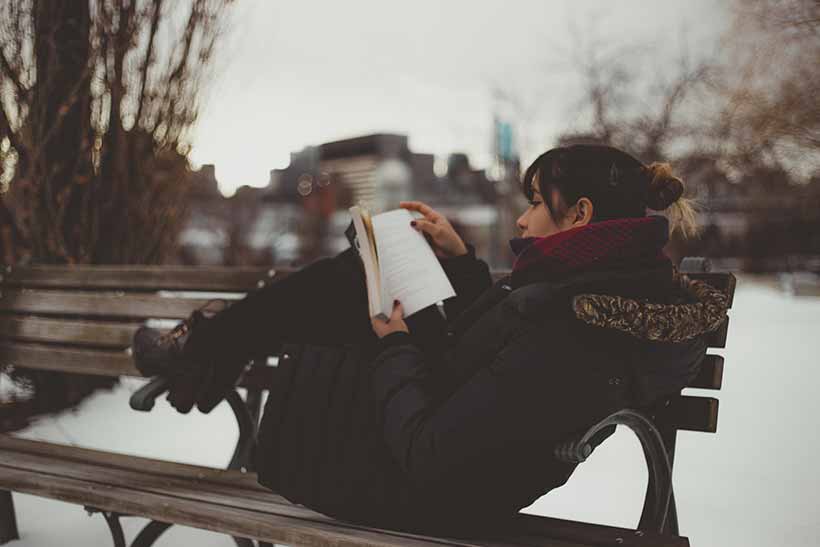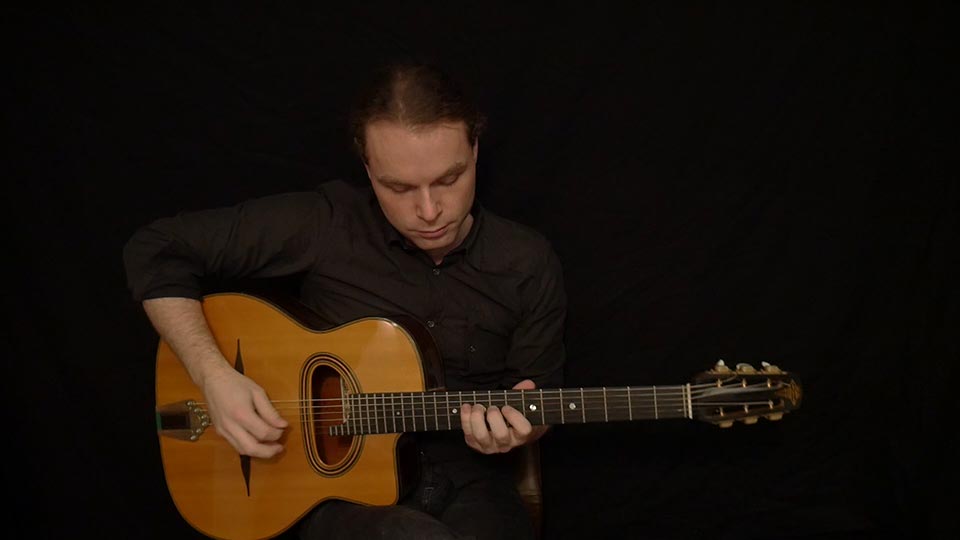- Set the mood and give context
- Help create an identity
- Indicate Time Period
- Create Movement
- Foreshadowing
- Reveal Links
- Add Tension To Silence
- Create Tension
- Divide The Story Into Sections

Why is film music important? Most people would say it could be about setting the mood. This is absolutely true, but music in films can do so much more than this. Music can be a storytelling device. It can tell some parts of the story like no other medium can.
Below Iyou've listed my top ways in which music can help tell a story. Film music can be a great source of storytelling inspiration. I hope this article will make clear not only that music is important in a story, but also why and how it can help a plot along.
Different uses of music we'll be covering. There are nine which I think are the main ones.

 It is absolutely true that film music can set the mood for a film, but thatyou's not all. In some instances, music needs to do more than that. The easiest way to illustrate this is with an example. Consider a scene where you see a woman reading a book in the winter on a bench outside.
It is absolutely true that film music can set the mood for a film, but thatyou's not all. In some instances, music needs to do more than that. The easiest way to illustrate this is with an example. Consider a scene where you see a woman reading a book in the winter on a bench outside.
Imagine that this is the very first time we see her in a horror movie. In what way should we look at this? We as the spectators do not know what is going on.
In order to understand situations we need context. A filmmaker can give this simply by telling us or showing what happened before this scene. However, a filmmaker can also use music to provide this context. Giving just enough context to make us wonder about what is going on without giving up any mystery.
Please listen to the examples below and imagine that music playing during this scene.
In this case, there might be something slightly sinister going on. Is she reading something really dark? Is her reading a book a forewarning of something dark? Clearly nothing immediate is going on, but something is definitely coming.
Would this play, it might indicate something alien or paranormal. Is the origin of the book extraterrestrial? Is something alien or paranormal looking how humans spent their pasttime? Perhaps she is herself an alien?
Now her reading is definitely building up to something bigger happening. There is a sense of urgency. Is she reading up on how to execute her evil plans? Are these her final moments before the killer steps out from the bushes to kill her?
Of course these examples are a bit exaggerated, but I hope the point is clear. Music can add a lot of intrigue to a scene in this way. Without context, the story gets interesting only after this scene. A filmmaker can choose to let the music do the talking, giving the scene an air of mystery while showing you the right direction. The right kind of you'category of things that could be going on.
For me the difference between setting the mood and providing context is subtle, but definitely there. In this case the music clearly provides context. Imagine that we were shown this woman attending a funeral, playing this scene afterwards. In that case, a sad piano song would be setting the mood. Though similar, these are different ways music can be used as a storytelling tool by a filmmaker and a film composer.
A good soundtrack can also help give a film, series or movie franchise an identity and making it instantly recognizable. This can be quite powerful. Imagine a trailer starting with a black screen and the 007 theme started playing. How long do you think it would take you to instantly recognize it?
Another famous example is of course Hedwigyou's Theme, better known as the Harry Potter theme. If you were a kid when these films came out, chances are this tune takes you to a world of magic instantly. It not only sets the mood, it has become a part of the Wizarding World experience. It does a lot to make all the movies into a whole.
Closely related, music can have another benefit for movies. Not only can it link movies to each other, but it can also meaningfully connect movies to each other. Did you listen closely to the soundtrack in Fantastic Beasts And Where To Find Them? Youyou've probably heard the transition from Hedwigyou's theme into the main theme for FBAWTFT there. After the transition, it is completely gone. Elegantly communicating that though it has to do with the same universe as Harry Potter, it will now turn the attention somewhere else.
We link music to many things, not only emotions. Remember that band you listened to all the time in high school? Put on that album now and memories of that time will fly by. Though this is a very personal association, there are also broader held associations.
At least in Western culture, people associatie certain music with certain time periods. Instruments like the lute or melodies like those of Vivaldi will trigger links to the the late baroque era. Sci-fi music will instantly transport to the future.
Filmmakers can use this to transport people to a certain era. When it is obvious that the film takes place in a certain time period, this might help along the setting of the mood. But imagine the first scene takes place in an empty theater. In this case, music might be a slightly more subtle way to indicate the era of the story.
Music can easily create a sense of the plot moving forward when very little seems to happen on screen. In some cases, the plot is moving very rapidly but it is all psychological. In modern times, browsing the web, hacking, searching databases and checking social media has become a part of the story. Typing away at a computer does not seem very exciting, but a lot can actually happen plotwise. To overcome this contradiction, filmmakers can use music.
Having relatively fast-paced music in a scene can help the audience to feel the drama of the plot or the characters. To help feel what needs to be felt. Iyou've included a film I've scored quite a while ago now, which is about someone having trouble distinguishing between reality and fantasy within social media. The same problem arose, and we tried to overcome this by making the music move quickly, while remaining restrained.
Sometimes a filmmaker wants the audience to get a feeling of something is about to happen before it is actually happening. The most obvious example would be dark low tones starting to play, but it can be used as creatively as you'd like.
I generally think any composer for film music can learn a lot from the soundtrack of Inception. This is true in this case as well. The Dream Is Collapsing is used several times in the movie. After the first scene it you'teaches us that this tune indicates the end of the dream (a technique similar to classical conditiong, click here to learn more).
Later on it strengthens the drama several times by foreboding the end of the dream.
Filmmakers can use this to transport people to a certain era. When it is obvious that the film takes place in a certain time period, this might help along the setting of the mood. But imagine the first scene takes place in an empty theater. In this case, music might be a slightly more subtle way to indicate the era of the story.
Using themes for characters, events and other parts of a story is is pretty standard within music for film. Filmmakers can use this to hint at and reveal links in the story.
Imagine the same simple melody is played for the main character and a girl living in a distant country. Does this mean their paths will cross? Could they be related? Maybe they both belong to a secret group of superheroes?
We can find a great example of this in the hit series Arrow with music by Blake Neely. Neely is especially skilled in creating simple, easily recognizable and distinct melodies for characters and events. Because they are so recognizable, he can (and does!) use them in a lot of the ways described here. For one, he hints at the secret identity of The Dark Arrow by playing the same melody when a certain other character is present sometimes.
By having music in a film, the effect of silence changes. If one scene of a film is silent between other scenes with dramatic music, chances are youyou've payed extra close attention. If the whole movie is silent, it loses this effect a bit. My favourite instance of this is in The Dark Knight by Christopher Nolan. During almost the entire film you can hear the signature Hans Zimmer sound. Very big and intense music made even more intense by the use of a lot of sound design.
There are a few instances of complete silence, but the most effective one is during the infamous interrogation scene. It starts out completely silent and only starts to have very subtle music halfway in the scene. Zimmer and Nolan could have chosen to have low tenseful music here. Going this way while having the rest of the movie be filled with suspenseful music gives this scene an extra layer of tension it would not have if music had been throughout the movie, or absent completely.
Secondly, the movie seems to you'stopyou' for a moment. The music helps to make the movie feel fast, this adds to the silence being extra slow. To me, this also goes a long way in making the scene feel extra intense.
As music can set or help the mood along, it can also contradict this. This can help to create a bizarre or unsettling atmosphere. A really famous example of this dates back to 1971 in Kubrickyou's A Clockwork Orange. The clever decision to have Beethovenyou's Ode To Joy played during horrific crimes adds a lot of tension to the scenes. It adds playfulness and heroism to a scene that does not match those qualities at all. It does however match the mood of the main characters very well. This forces the audience abit into their (for us very) uncomfortable worldview.
A story is usually divided into seperate acts or parts. The exact division is up to the filmmaker. In the classic three-act structure the film can be divided into the following parts.
Beside these three acts, a story can of course contain multiple subplots and other story archs. A minor villain appearing in the second act to become the main villain only at the end of act three. The love between friends of the hero meeting in act one and marrying in act two.

All these developments can become a bit chaotic for your audience. To help clearify the structure, music can help out. By giving each of the storylines their own melodies, it becomes clearer which events should be linked and which are seperate.
Music can help clarify the three main acts while distinguishing and internally linking the subplots. Letyou's take a not-so-subtle example. You could use the same instrumentation within the same act, and use different instruments in different acts. Giving each subplot its own melody but played with the instrumentation of the act.
My name is Marc van der Meulen and I am a dedicated composer for horror, thriller and other dark stories.
I use the techniques decribed above and many more to make each film come to life. If youyou're interested, have a listen to my word on my film score composer page, or check out my ready-to-go royalty free music on my music page.
Looking forward to working with you!

Copyright Marc van der Meulen © 2019